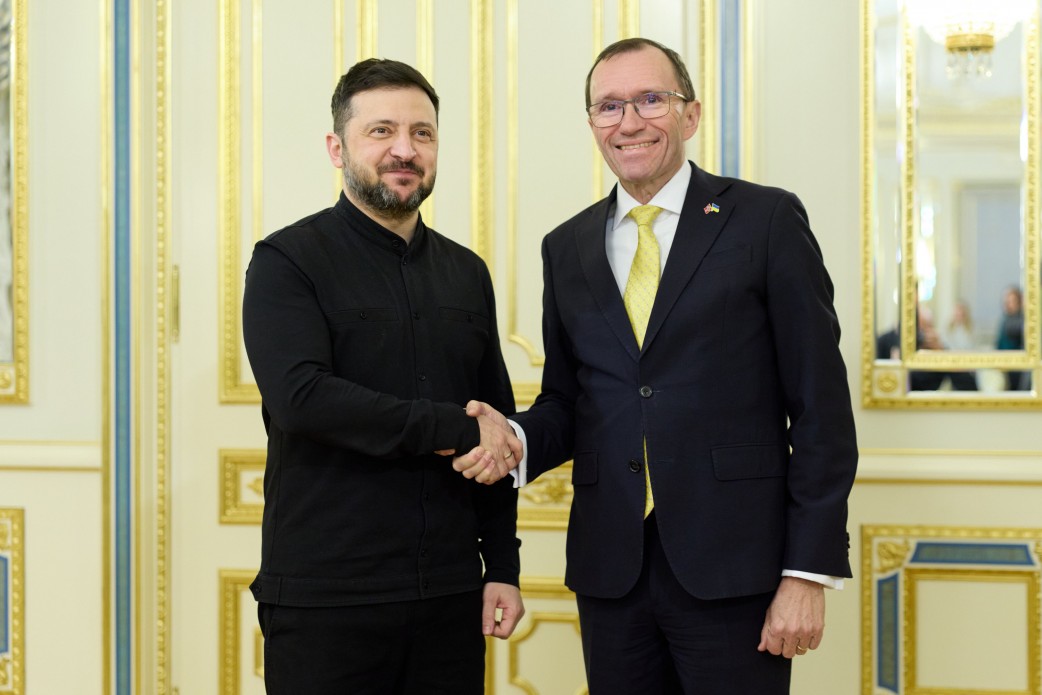This decision responds to Russia's unprovoked and unjustified military aggression against Ukraine.
The Council of the European Union has decided not to recognize Russian travel documents issued in Ukraine and Georgia-occupied territories.
"Russia's war of conquest against Ukraine is a flagrant violation of the international order, which is based on rules, which threatens peace and security in Europe. Today's decision of the EU Council is another confirmation of our strong support for Ukraine. We will never recognize the illegal annexation of its territories by Russia, and we re-emphasize Ukraine's right to liberate and regain full control over all occupied territories," said Vit Rakusan, Minister of the Interior of the Czech Republic, which presides over the EU Council in the second half of 2022.
The statement on the website of the Council of the EU says that this decision is a response to Russia's unprovoked and unjustified military aggression against Ukraine and Russia's practice of issuing Russian passports to residents of the occupied regions.
Moreover, it is also the result of Russia's unilateral decision to recognize the independence of the Georgian territories of Abkhazia and South Ossetia in 2008.
Therefore, as stated in the message, Russian travel documents issued in the Russian-occupied regions of Ukraine or the self-proclaimed separate territories of Georgia or to persons who live there will not be considered valid travel documents for obtaining a visa or crossing the borders of the Schengen zone.
Thus, Russian travel documents issued in these regions are no longer recognized or are in the process of non-recognition by EU member states. This decision aims to define a common approach, ensure the proper functioning of the external border and the common visa policy, and ensure the security of the EU member states.





















